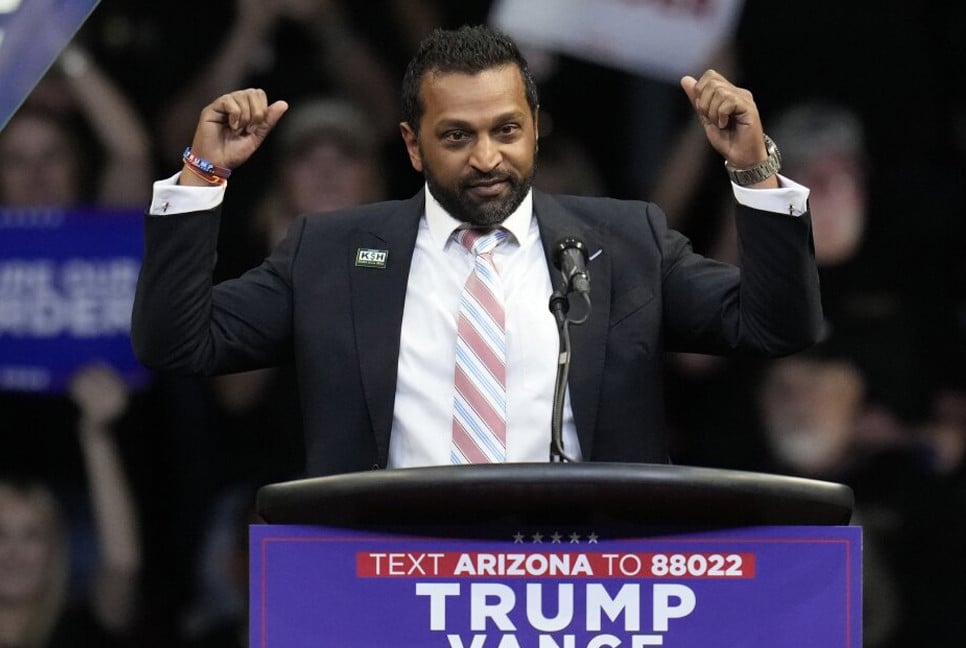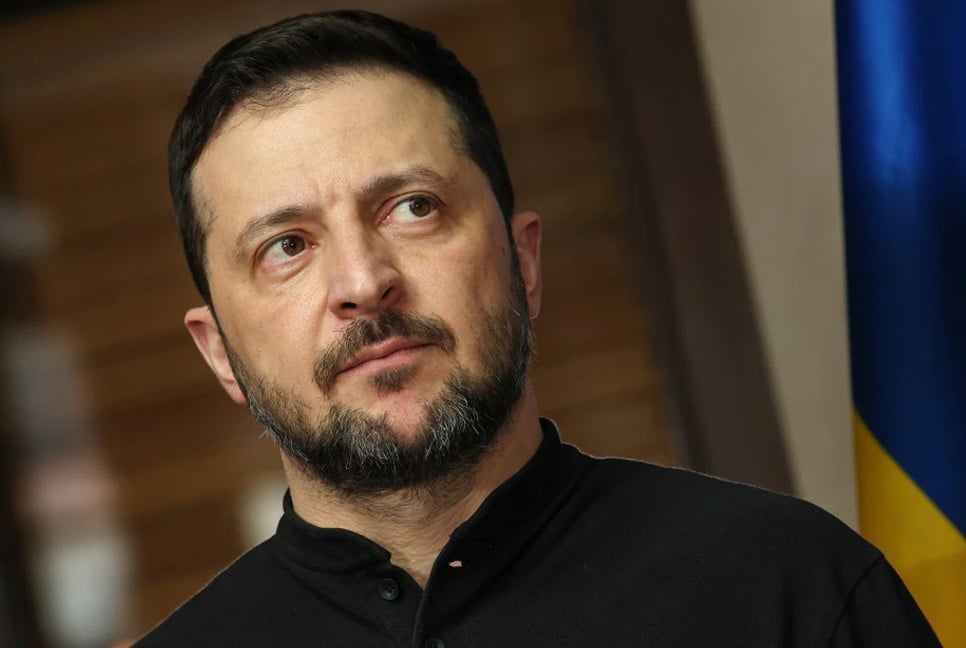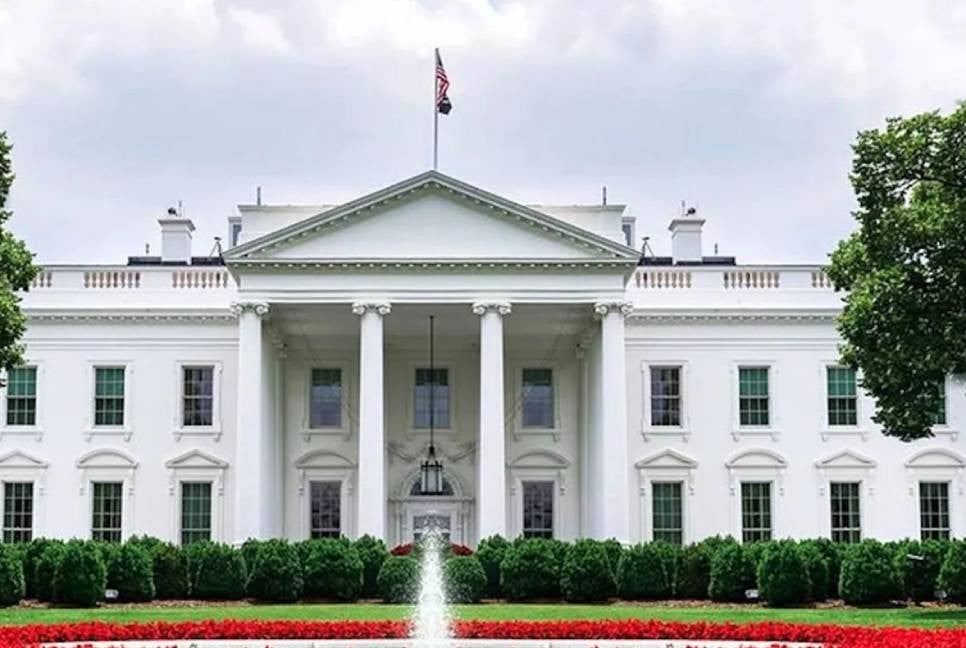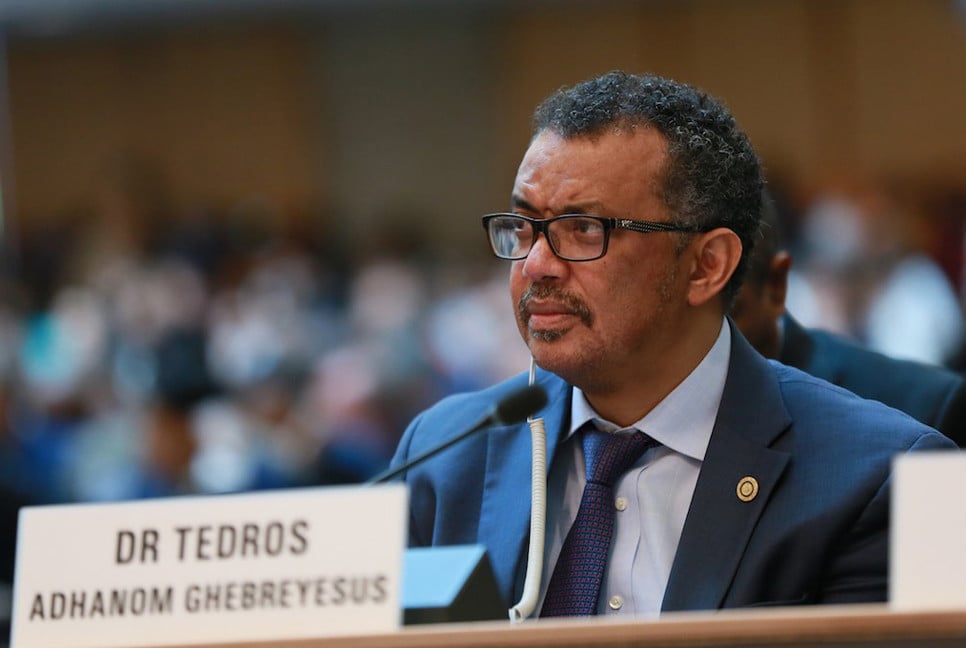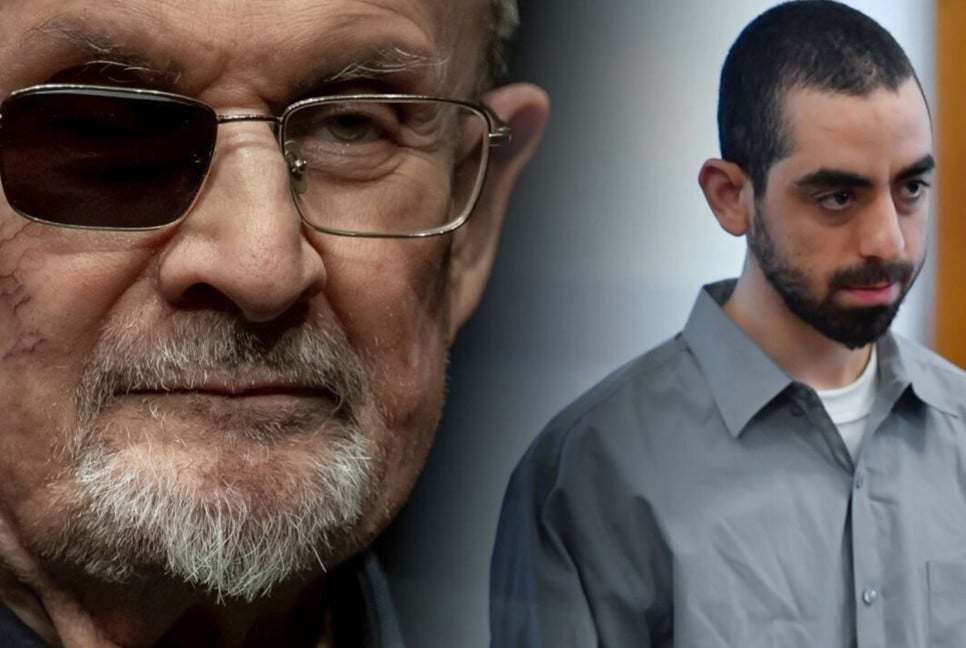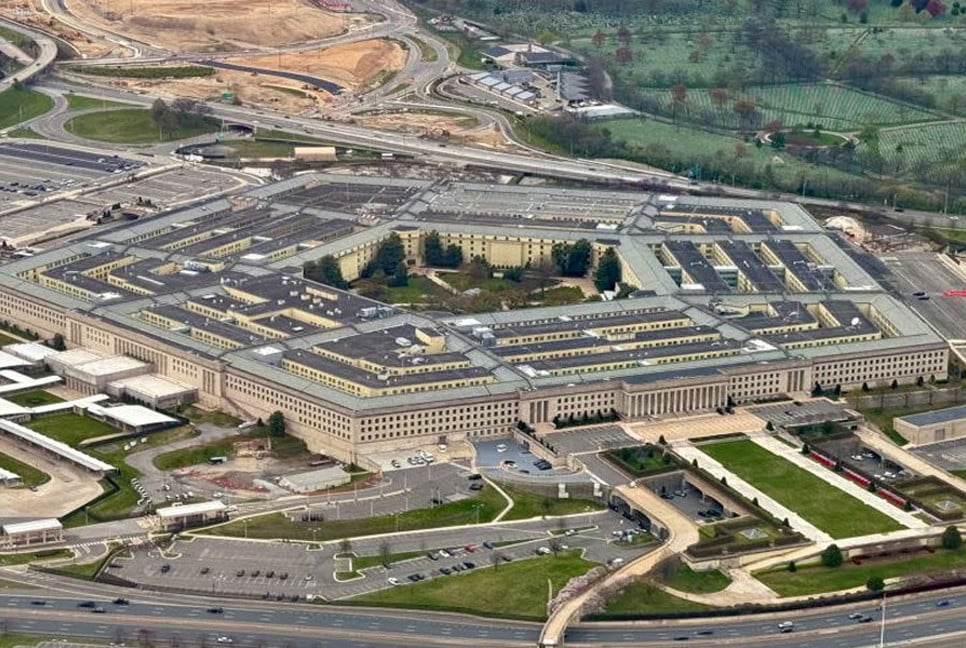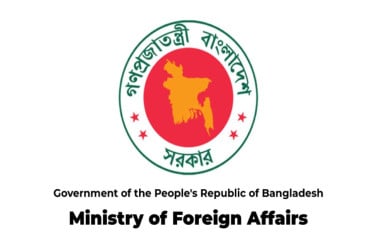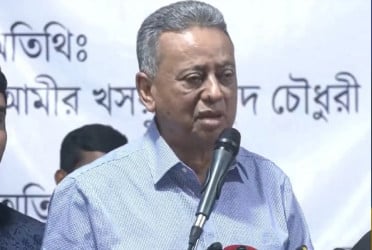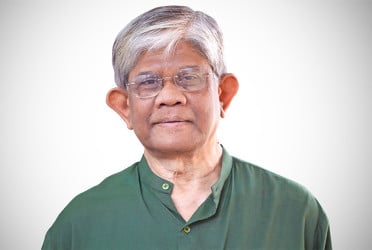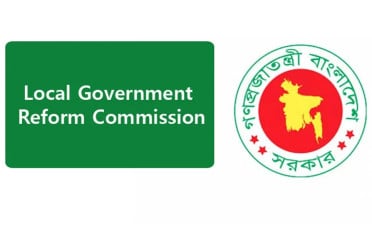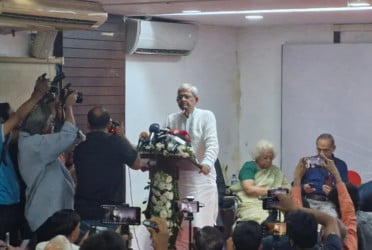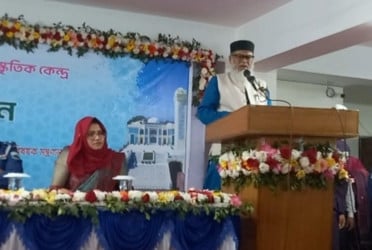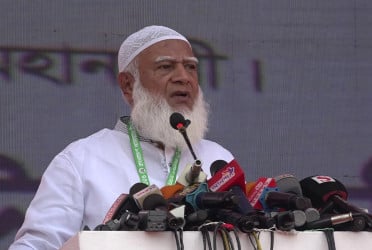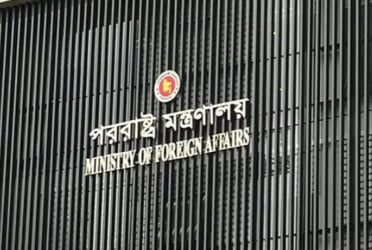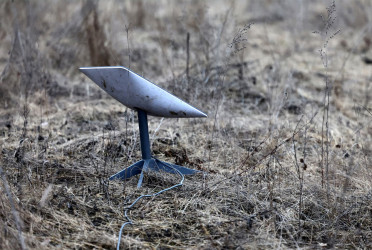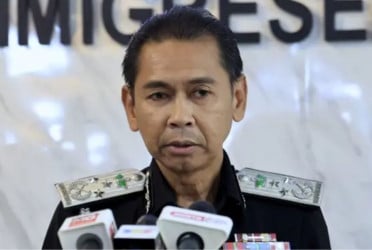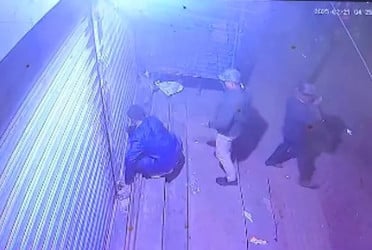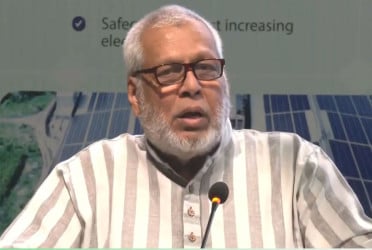President-elect Donald Trump declared on Saturday that he will nominate Kash Patel as the next FBI director, tapping a fierce ally to help overhaul the agency and remove what he views as “conspirators” within the government.
This decision reflects Trump’s continued belief that the country's law enforcement and intelligence agencies need significant reform, consistent with his previous calls for retaliation against those he sees as opponents, reports UNB.
Patel, a former Justice Department prosecutor and staffer for the House Intelligence Committee, is best known for his work on the “Nunes Memo,” which criticized the FBI’s handling of surveillance during the Russia investigation. Trump praised Patel for his role in uncovering what he referred to as the “Russia Hoax” and for standing up for accountability.
Patel’s nomination is expected to spark significant controversy in the Senate, particularly with Republican allies holding a slim majority. Although Trump’s picks are likely to face unified Democratic opposition, the nomination may proceed with the help of the vice president’s tie-breaking vote or through a congressional loophole allowing presidential appointments when the Senate is not in session.
This pick signals that Trump is seeking to place loyalists in key positions, especially after his contentious relationship with current FBI Director Christopher Wray. Wray, who was appointed by Trump in 2017, had previously been the subject of the president’s public ire, particularly after federal investigations and the search of Trump’s Mar-a-Lago estate.
Patel’s vision for the FBI includes reducing its scope and possibly converting the agency’s headquarters into a “museum of the deep state.” He has also made aggressive statements about prosecuting journalists and government officials involved in leaks.
In addition to Patel, Trump announced Sheriff Chad Chronister of Hillsborough County, Florida, as his nominee for administrator of the Drug Enforcement Administration (DEA). Trump’s choice of Patel, a controversial figure due to his rhetoric and lack of experience in law enforcement, is poised to stir intense debate over the future direction of the FBI and its relationship with the broader intelligence community.
Bd-pratidin English/ Afia

